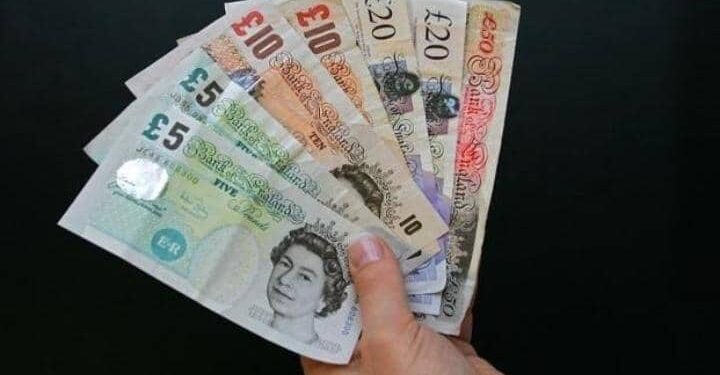Recently, Nigeria’s foreign reserves have shown significant growth, reaching $35 billion as of July 8, 2024. However, despite this increase, the Nigerian Naira (NGN) has not appreciated. Today, on July 11, 2024, the Naira fell below 2000 against the British Pound at the parallel market, marking its lowest point ever in this market. While the exact cause of this decline cannot be pinpointed to Nigeria alone, it is influenced by the robust performance of the UK economy, which experienced a substantial boost in May.
According to data from the Office of National Statistics, the UK economy expanded by 0.4% in May, leading to an appreciation of the British Pound. As of Thursday, July 11, 2024, the British Pound was trading at 2020 against the Naira in the parallel market. Conversely, using the Nigerian Autonomous Foreign Exchange Market (NAFEM), the Naira depreciated by approximately 29 Naira, now quoted at N1561/$1.
Earlier in 2024, the British economy had faced a temporary recession in the first quarter but rebounded in April, with notable growth in the construction and production sectors by 1.9% and 0.2%, respectively, in May.
While Nigeria’s foreign reserves have grown impressively, the persistent depreciation of the Naira against major currencies like the British Pound underscores the complex interplay between domestic economic policies and global economic trends. The challenges in maintaining currency stability remain a focal point for Nigeria’s economic outlook moving forward.






















































